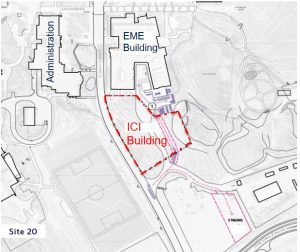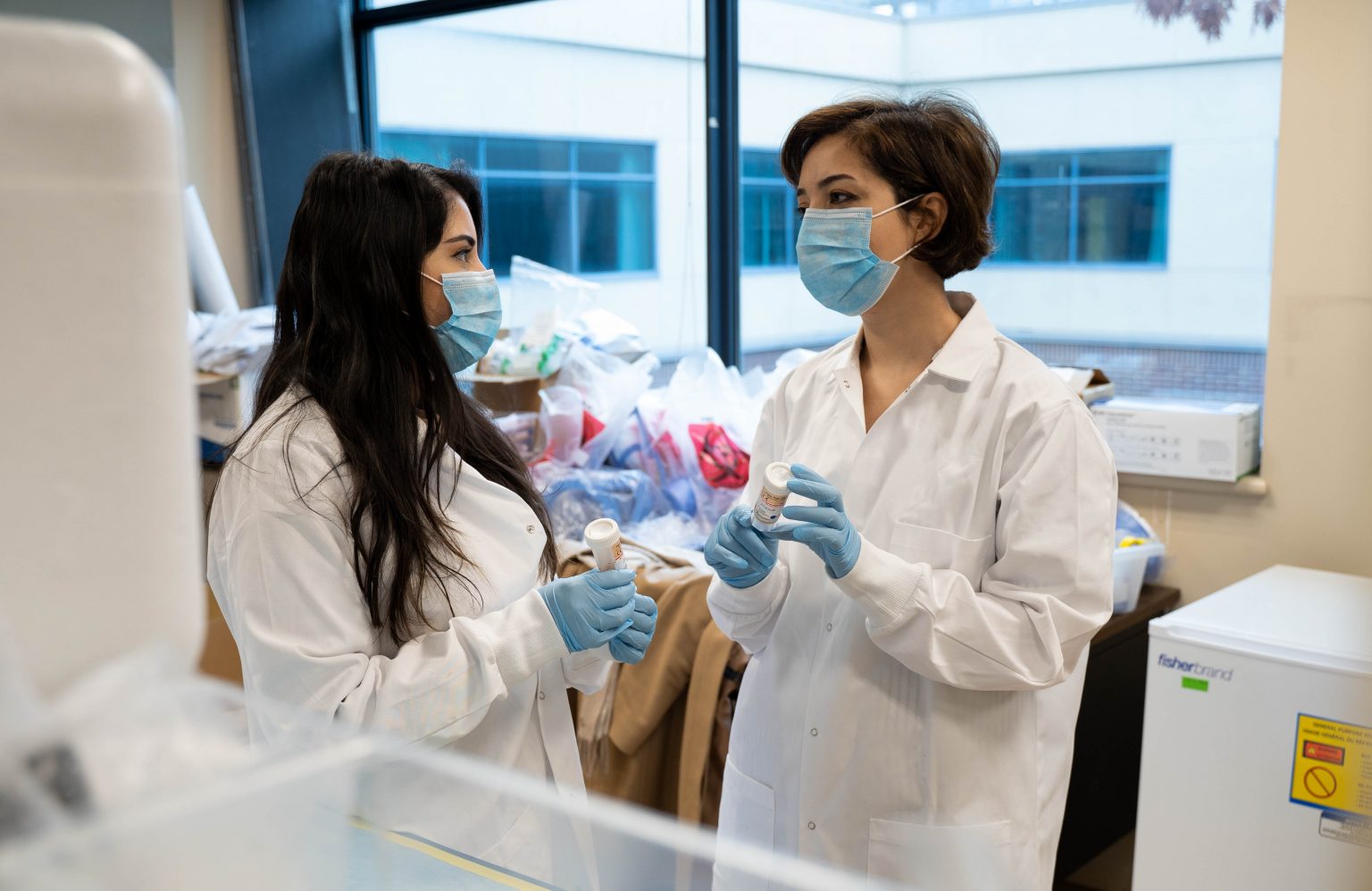
New Research Data Centre opens at UBC Okanagan as part of a national network of 30 university-based research facilities.
Managed by Statistics Canada, in partnership with UBC, the Research Data Centre (RDC) will offer accredited researchers secure access to microdata gathered through the Census program, population, social, and health surveys. The wide variety of data available includes a Canadian cancer registry, statistics on mental health, financial security, and public health. Accessible information is relevant to many disciplines and will enable Okanagan faculty and students to advance their research without lengthy travel to Vancouver.
Assistant professor Andrea Craig joined UBCO last July in the Department of Economics, Philosophy, and Political Science. She has been travelling to the Lower Mainland almost every month to access the RDC on the UBC Vancouver campus. Her research focus is on where people choose to live and how they commute for use in urban planning.
Craig will not miss travelling from the Okanagan to Vancouver during the winter months and is looking forward to getting permanently settled in Kelowna. Local RDC access will enable her to focus on research, teaching, and attracting new talent.
“I’m excited to settle in Kelowna and form connections with colleagues. Now that we have access to great data, I can recruit grad students to do their dissertation or thesis.”
The UBC Okanagan RDC is supported by an on-site assistant who manages the operational details and provides administrative services, and a remote analyst who supports data users.
RDC analyst and UBC alumna Wendy Kei is based at the UBC Vancouver campus and provides personalized support to UBCO researchers through MS Teams and virtual meetings. Kei understands the importance of good data. She used census results to attain her PhD in Economics, and helps RDC users navigate data science and answer research questions using statistical insights. Kei has been in her RDC analyst role for five years and describes assisting researchers on their data quests a richly rewarding experience.
“There’s a lot of uncertainty in the world, the only way to close that gap is with reliable information. Having access to accurate data through the RDC is important for people to make wise and unbiased decisions, and research is at the heart of that”.
Associate professor Ross Hickey describes how he uses confidential microdata to assess the effects of income tax policy on charitible giving. He also shares how the new RDC has benefited the campus in the recruitment and retention of new faculty and graduate students.
The secure RDC facility at UBCO is located on the second floor of the Charles E. Fipke Centre for Innovative Research.
A strict vetting process is required to gain access through Statistics Canada including fingerprinting, credit checks, and an oath of secrecy not to disclose any identifiable information to protect the privacy and confidentiality of respondents. Applications for data access can be initiated through the Statistics Canada website. Once approved, researchers can book their sessions through an online portal.
Questions about the UBC Okanagan RDC can be sent to Academic Director Andrea Craig.






